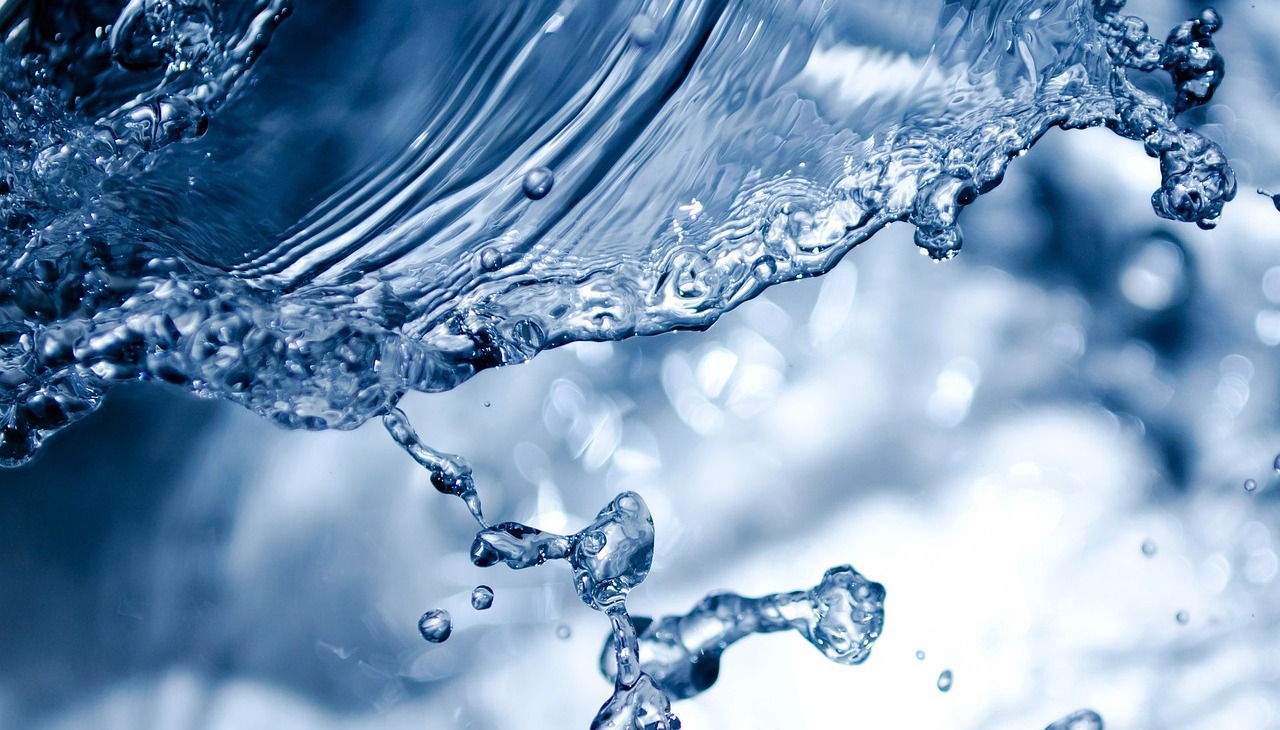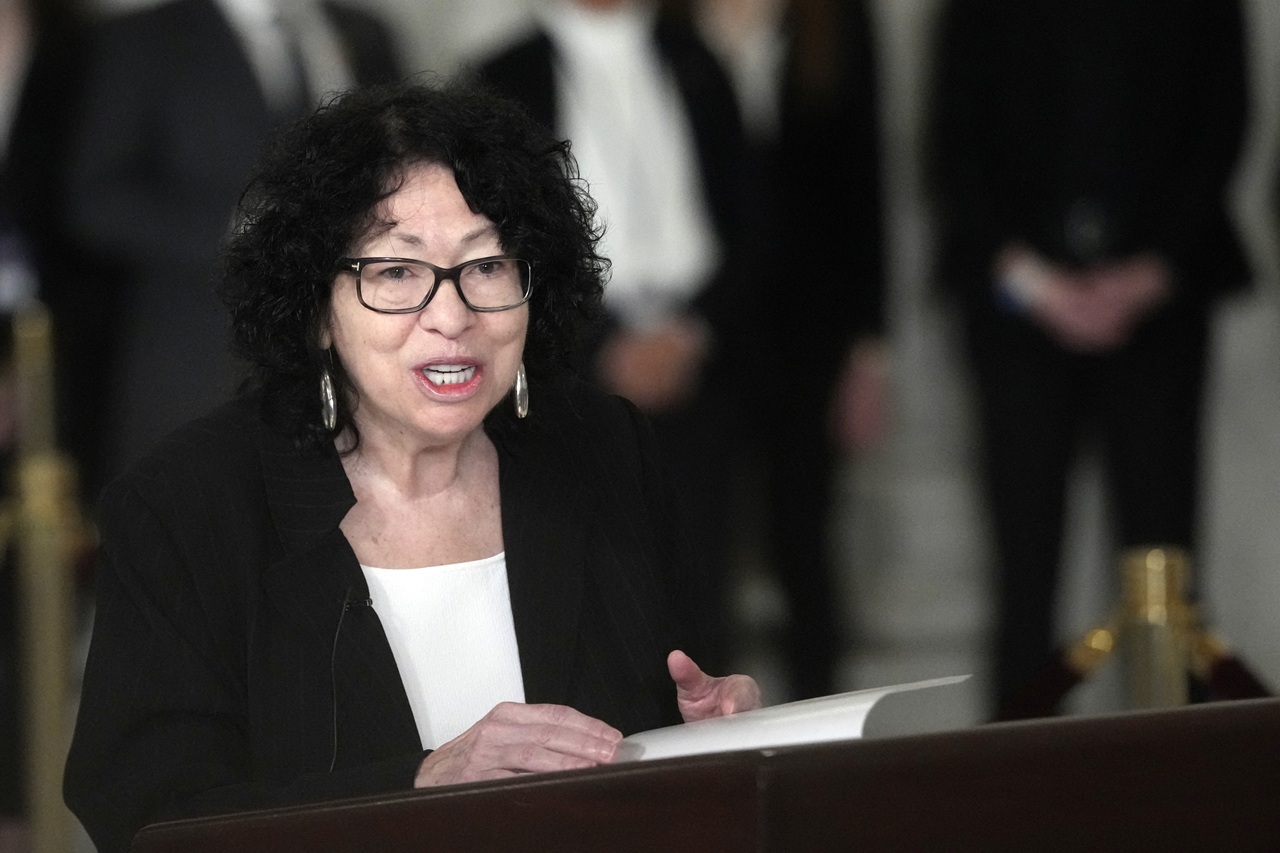
Bayer U.S. joins the fight against the water crisis with a new commissioned study
Nearly half of Americans are concerned about their access to water and its safety, a new Bayer U.S.-commissioned Harris Poll revealed.
A new Bayer U.S.-commissioned survey on Americans' access to water and their concerns about its safety from The Harris Poll, revealed the myriad concerns associated with water, including unequal access, security and combating drought.
Matthias Berninger, executive vice president of Public Affairs at Bayer U.S., noted:
The water crisis is happening right now, everywhere on our planet – and we are still not doing enough to fight it.
Key findings
Highlighting how more than 2 billion people lack access to safe drinking water around the world, the survey found the following about Americans:
- 61% of Americans are concerned about “ensuring everyone has their fair share of clean water”
- 54% are concerned about the safety of their local water supply
- 57% are not sure if they have access to safe drinking water
- 73% say they don't drink water directly from the tap at home, but instead rely on filters or bottled water
- 60% say they are extremely or moderately concerned about the plastic used for bottled water
- 47% of people who drink bottled water come from households that earn less than $50.000 a year, highlighting the impact access to clean water can have on low-income households.
“The concrete, scalable solutions we need to combat the crisis are within our reach, but I believe to get us there, we need more commitment from the private sector, more wide-ranging cooperation, and overarching political action. At Bayer, our vision of ‘Health for All, Hunger for None’ mandates we do our part to make water accessible, clean and abundant,” added Berninger.
The study also underscores that, overall, Hispanic and Black Americans are more likely to be more concerned about water issues than their white counterparts.
The Run Blue campaign
In support of expanding education about the global water crisis, Bayer U.S. sponsors the Run Blue campaign of Mina Guli, a renowned water advocate who ran 200 marathons in the last year (March 2022 to March 2023) to raise awareness of water issues and inspire action.
“The world still turns a blind eye to our worsening water crisis, even though its effects are very real. I’ve seen how drought, dried up lakes, a lack of access to water or extreme events like floods shape people’s lives across the globe and in the US. Addressing the water crisis requires real action from everyone, including businesses,” said Guli.
Guli, who will complete his 200th marathon at the United Nations in New York on March 21, just before World Water Day, will close out the year by running with Bayer employees in Washington D.C. on the National Mall and in Central Park in New York City.
Water is “everyone's business"
Beyond scarcity, the water crisis seeps into different phenomena that affect communities, such as the increase in floods and storms, the warming of oceans and lakes, and contaminated water. Bayer U.S.'s latest efforts are out to stop this climate domino effect.
RELATED CONTENT
“Water is everybody’s business. It’s up to businesses across all sectors to voluntarily reduce the water footprint of their own activities, invest in innovations that help their customers to become increasingly water-smart, scrutinize their supply chains for planet-conscious water management, and incorporate water use in their investment decisions,” said Berninger.
Many of the planet’s resources aren't renewable, so everyone should rethink their consumption. Discover new ways to sustain our homes and communities. https://t.co/Ene1MwSuTM pic.twitter.com/a1CuQyodkd
— Bayer U.S. (@BayerUS) March 14, 2023
Specific actions
As a leading company in agriculture and health, Bayer has joined the fight to combat the water crisis by developing innovative solutions for one of the most water-intensive sectors. Some of the current solutions include:
- Advanced breeding — With between 34-43% of the world’s irrigation water going to irrigated rice, finding solutions that boost the water efficiency of rice cultivation are critical. Bayer plant scientists continue to pursue modern breeding methods to develop locally adapted hybrids that have higher flooding and drought tolerance.
- Arize hybrid rice seed AZ 7006 is specially designed to survive even in extreme flood conditions, producing consistent yields even under unfavorable weather conditions.
- Arize 6444Gold, require less water, energy, labor and seeds than conventional transplanted rice.
- Irrigation technologies — With irrigation accounting for the lion’s share of agriculture’s water consumption, precision agriculture contributes to significant water savings as well as optimization of energy, labor and use of inputs such as crop protection and fertilizers. Bayer is partnering with irrigation pioneers like Netafim and BGN Tech to develop and promote automated irrigation systems that use up to 60% less water, and significantly less energy, than conventional irrigation. Bayer U.S. partnered with irrigation pioneers like Netafim and BGN Tech to develop and promote automated irrigation systems that use up to 60% less water and significantly less energy than conventional irrigation.
- Conservation Tillage systems (strip-till; no till) – The adoption of adapted tillage techniques reduces run-off, increases infiltration rates and decreases the evaporation of water in the soil, contributing to improved soil moisture and better soil quality, and ultimately, less water needed for irrigation.
To learn more about Bayers U.S.'s sustainability efforts, click here.










LEAVE A COMMENT: